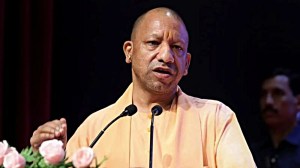Legally enforceable regulations for deemed varsities
Fifteen years of proven excellence,high accreditation ratings,more power to vice-chancellors these will be the new pre-conditions for an educational institute seeking a deemed-to-be university status....
Fifteen years of proven excellence,high accreditation ratings,more power to vice-chancellors these will be the new pre-conditions for an educational institute seeking a deemed-to-be university status. With the Union HRD Ministry having given a go-ahead to these prerequisites,the new regulations for deemed-to-be universities will get notified by the University Grants Commission after a final approval. Deemed universities function under UGC guidelines as of now,which are not legally binding. The regulations proposed will be legally enforceable.
The new regulations propose that an applicant institute must have been in existence for 15 years and not 10 years as is the case now. The de novo category institutes offering courses in emerging areas of technology may be more restricted to government-run institutes under the new regulations. Only a national panel of experts will decide on the eligibility of institutes to be covered under the de novo category.
Proposing to bring in stringent inspection norms,the UGC has proposed that an expert committee first subject an institute applying for the deemed status to a pre-initiation check before another committee begins inspections of its campus. New panels of experts for the purpose will be constituted every five years.
With the review committee instituted by the HRD Ministry noting the prominence of managements over the academic administration in several deemed varsities,the UGC proposal suggests that vice-chancellors must have a greater role in the functioning of the institute.
Photos


- 01
- 02
- 03
- 04
- 05





























